- 52 Posts
- 78 Comments

 5·3 months ago
5·3 months agoOriginal post from yesterday wasn’t carried over to the new host. Not that it makes a huge difference, but still.

 4·3 months ago
4·3 months agoThank you for doing the thing, and keeping us updated!

 2·6 months ago
2·6 months agoTraveller map is fantastic. It’s fun to just scroll around and explore, even if you don’t play Traveller.
Same. I search the interwebs for images I like and then slap them into token stamp. The searching takes the longest.

 2·6 months ago
2·6 months agoSorry, I can’t advise you on that. I have never had a problem using either Firefox or Chrome.

 3·7 months ago
3·7 months agoI’ve heard many good things about Ironsworn, so this is a good excuse to give it a go.

 3·8 months ago
3·8 months agoThis art is amazing. Is this your project or what’s the background here?

 5·8 months ago
5·8 months agoThanks for crossposting! Pardon my Lemmy ignorance, but I have a question. So, when you crosspost, it creates a copy of the linked thread on the new community? Meaning there are two separate but identical articles but on different communities with separate sets of comments? I had originally crossposted the first post to sci-fi, but I wasn’t expecting the two copies thing, so I thought I had done something wrong. I deleted the crosspost after that and left it only on the traveller community. Was I doing it ‘right’ originally after all?

 4·8 months ago
4·8 months agoDang, somebody gave $2,500 (and ten cents) towards that bundle.
I would just say have fun and embrace learning as you go. I have not played this game but hopefully the rules light aspect allows you to not worry about the mechanics of the game and focus on story and fun. I like the cozy animal games like this, and I expect it will be similar in vibe to Humblewood and Mausritter.
The problems you encounter will likely have to do with being a new DM and will happen no matter what system you run. There is a near endless supply of new DM advice on the internet which you could search through. I particularly like Sly Flourish and recommend reading his Top Tips for RPG Game Masters. If you take that advice to heart, it will help you avoid the common DM pitfalls.

 2·8 months ago
2·8 months agoThis looks great, thank you for sharing!

 1·8 months ago
1·8 months agoI linked to an article on EN World that has links to other sites. There is no store or checking out to be done on EN World itself.

 1·8 months ago
1·8 months agoI recommend contacting the customer service people for whatever website you’re referring to.
Yup, that’s the book. There’s a lot more in there than just the Eight Steps but it’s worth it just for that in my opinion. Have fun!
For session prep, I use The Eight Steps of the Lazy DM by Mike Shea at Sly Flourish. Admittedly, the Eight Steps have turned me into a bit of a Mike Shea fanboy, but that’s because the system has had a big impact with making my game better. It is a system that focuses on prepping the most important things that will help you run the game at the table.
I wanted to suggest the Eight Steps because I think it circles very closely to your mad libs idea and also follows the prep situations not plots concept. Where mad libs is a system where the players fill in the sentence blanks with their own noun or verb, if we follow the metaphor, I would equate the Eight Steps with prepping a list of nouns, verbs, subjects, and adjectives, which you then use to help the players make their own sentence.
For example, in the Eight Steps you would prep likely locations the players would visit, secrets and clues they might learn, and potential monsters they could encounter. That’s all pretty standard fare, but a key concept is that all those things are decoupled from each other. There is nothing saying that this monster will be encountered in this location, or this secret will be learned from this object in this location. Instead, you plug the components you prepped into the adventure as the players unfold it.
I could gush further on how much it’s helped me, but I won’t do that. Instead I’ll encourage you to check it out because it sounds like it might work with your brain.
The D&D pornographic supplement tangent was a fun time.

 1·9 months ago
1·9 months agoThe Ukrainian hospital bundle looks really good. Lots of stuff in there with a bunch of solo RPGs. The bundle is probably worth it for the Cairn and Mausritter stuff alone.
Our group had a shared GM game we ran for a while. Not exactly rotating GMs like in this post, but swapping out regularly. The lack of continuity and overarching storyline was one of the major reasons interest died out. It was a hodgepodge of stories and became kind of a mess.

 3·9 months ago
3·9 months agoI am all for whatever stirs up more content and discussion that isn’t memes.










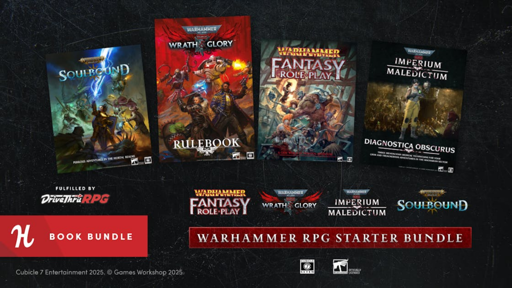


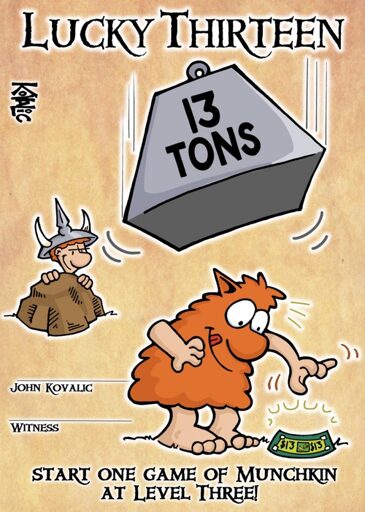
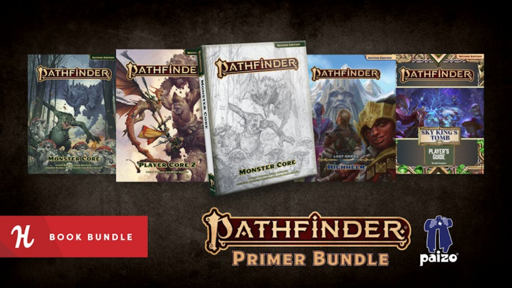
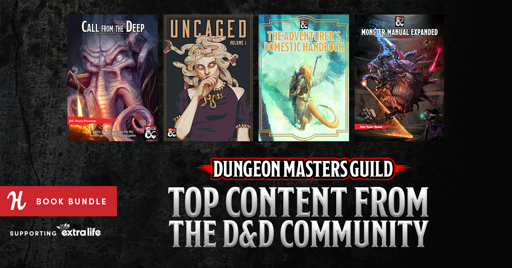
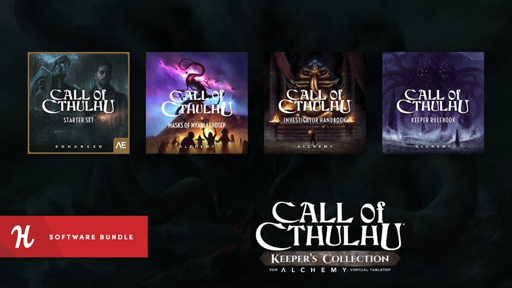
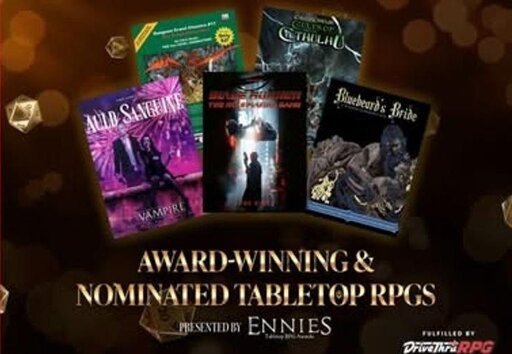
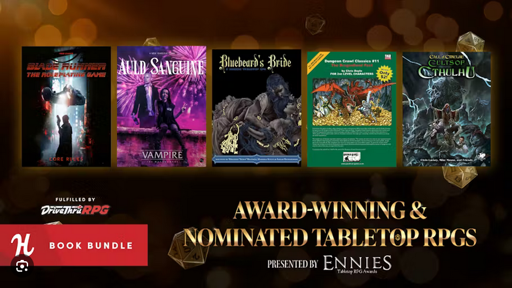
Even you, shadow downvoter.